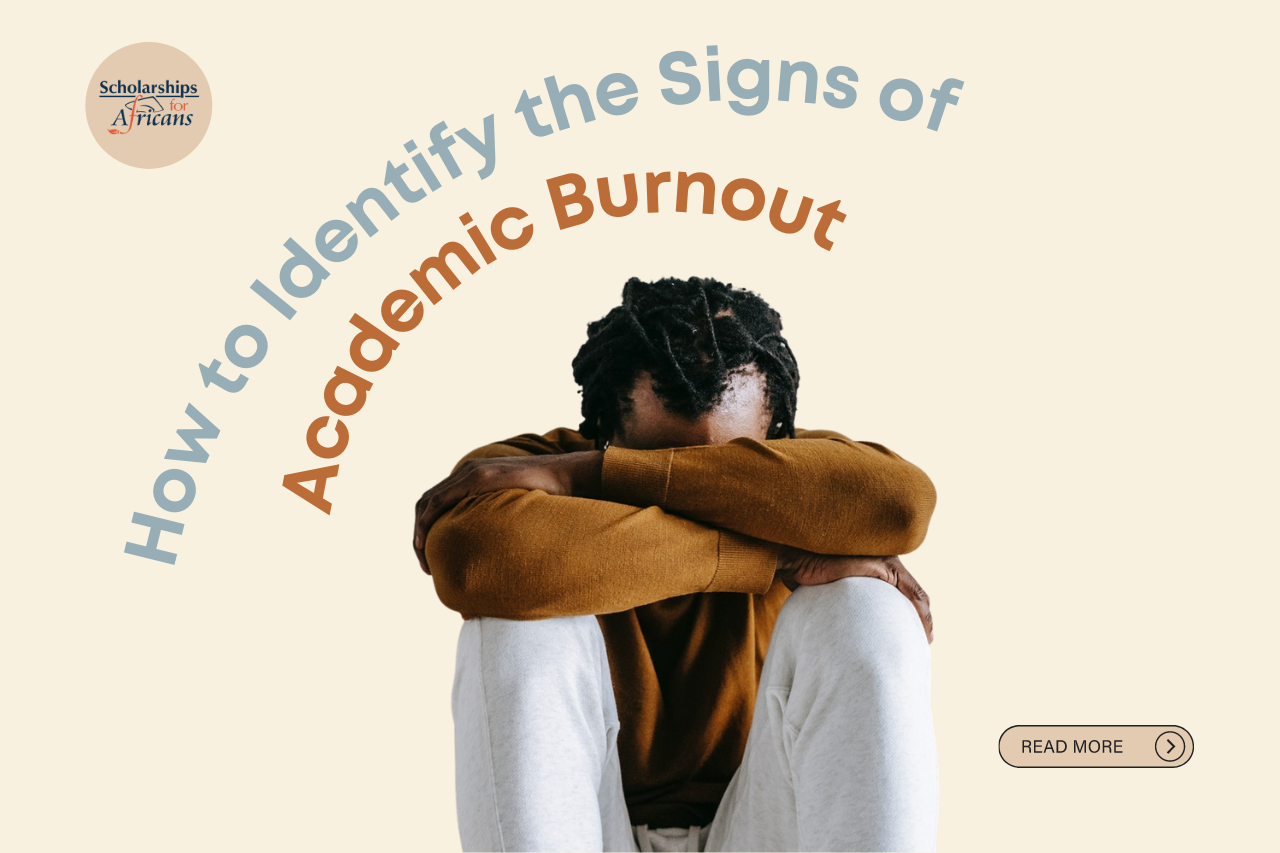Try to picture yourself working 14-hour days with little breaks, a lot of responsibility, and a lot of anxiety.
The situation isn’t uncommon for many students who are having a hard time getting ahead. When children are subjected to such conditions daily, what happens? They get burnout.
A lot of students these days may likely be suffering from academic burnout, a genuine disease that can be diagnosed and treated if you take the appropriate measures.
Academic burnout may be treated by first acknowledging the problem and then making a genuine effort to alter your existing behaviors. Academic burnout is something you can overcome and avoid in the future. We’ll go through how to accomplish it, as well as the best ways to prevent becoming burned out in the process.

Academic Burnout: What Is It?
Academic burnout may be described as a negative response in the form of fatigue, dissatisfaction, a loss of enthusiasm, and a reduction in academic competence as a consequence of the prolonged study.
It is the culmination of weeks or months of studying the same subject or years of education. Contrary to popular belief, this is not a state caused by overwork or exhaustion from studying for long periods. It’s more of a long-term ailment brought on by school or long-term study.
Academic Burnout Symptoms on Students
Symptoms of academic burnout include more than simply exhaustion and the feeling that you’re unable to attend another class. As soon as you notice the signs and symptoms of burnout, you should take action to counteract it. These include psychosomatic problems such as headaches, insomnia, and depression.
Academic burnout may be recognized in a variety of ways, including the following:
- Feeling tired despite getting enough sleep, resulting in lethargy and insomnia
- Having trouble getting motivated to go to class or begin homework
- Angry outbursts and heightened irritation as a result of frustration
- Lacking motivation and imagination for projects and discussions in class
- Loss of faith in one’s intellectual skills
- Failure to fulfill critical deadlines
- Increased discomfort and tension in your body, which may appear as headaches, painful muscle pains, or jaw strain
- Stress and exhaustion-related sickness are more common.
- Stress and poor self-care may lead to the development of unhealthy habits like overeating, staying up late, nail-biting, and other vices
- Inability to focus on schoolwork or lectures
- Feeling bored or disinterested in aspects of school or leisure activities that you previously enjoyed
- Feeling apprehensive or depressed

Moving forward
Take time to assess yourself and reflect on how you’re doing in school. Keeping your grades up may be a priority, especially if you’re aiming for a scholarship or awards; but remember to always put yourself first and foremost. Learn to value your worth more—both physically and mentally.
If you see signs of academic burnout in yourself, seek advice from others or more so from professional help to aid you in alleviating and overcoming the burnout.
It’s better to keep the fire to a certain degree, too much heat will burn you up—and no one likes getting burned. Pace yourself and take things one at a time.
brought to you by Scholarships for Africans
Scholarships for Africans is a premier scholarship information blog committed to bringing more opportunities for Africans globally. They are part of the African Scholar Initiative, powered by Scholarship Hippo.


[…] Source link […]